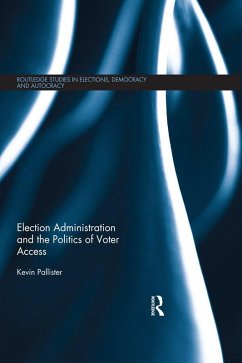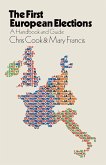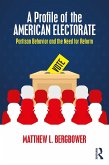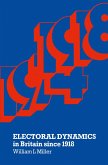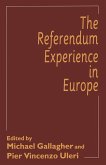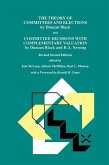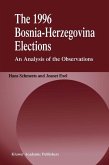This book is the first systematic study to investigate why it is easier to vote in some democracies than in others. It draws on in-depth case studies from Central America and data from Latin America more broadly to address how political parties and other actors interact in constructing election administration rules and procedures. Using a theoretical framework centred on electoral threat, party capacity, and electoral management body composition, the author identifies multiple pathways to inclusive and restrictive election administration.
Dieser Download kann aus rechtlichen Gründen nur mit Rechnungsadresse in A, B, BG, CY, CZ, D, DK, EW, E, FIN, F, GR, HR, H, IRL, I, LT, L, LR, M, NL, PL, P, R, S, SLO, SK ausgeliefert werden.

